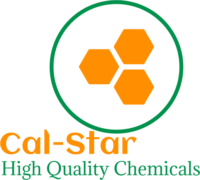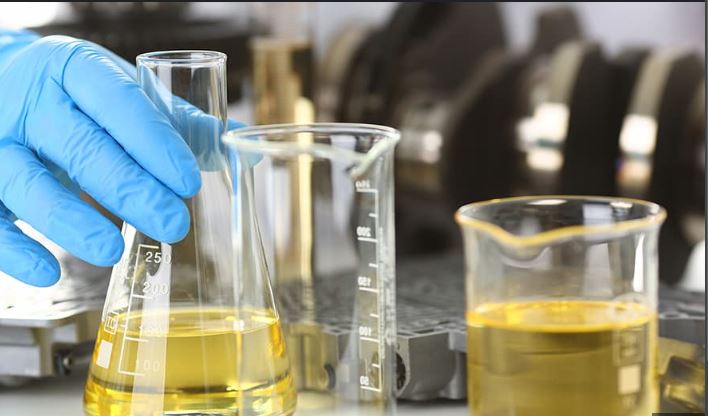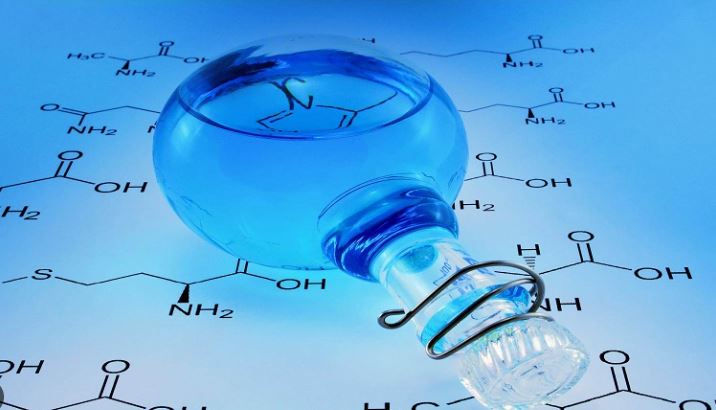Specialty chemicals play a crucial role in modern industrial production by offering unique properties that enhance product performance and quality. Unlike bulk chemicals, which are produced in large quantities for general use, specialty chemicals are designed for specific applications, making them essential for advanced manufacturing processes.

The Role of Specialty Chemicals in Production
Enhancing Performance and Functionality
Performance additives improve the performance and functionality of various products. For instance, performance additives like surfactants and dispersants enhance the quality of paints, coatings, and adhesives. These additives boost properties such as adhesion, spreadability, and resistance to environmental factors. In automotive and aerospace industries, specialty chemicals contribute to creating advanced materials that are lighter, more durable, and perform better under extreme conditions.
Tailoring Solutions for Diverse Industries
Industries across the board rely on performance additives for specific needs. In pharmaceuticals, these chemicals help in formulating drugs with the right stability and bioavailability. Agriculture benefits from specialty chemicals like biopesticides and growth regulators that increase crop yield and protect plants. The electronics industry uses specialty chemicals to manufacture high-purity semiconductors and advanced display technologies, ensuring that components meet rigorous performance and reliability standards.
Customizing for Unique Applications
Performance additives often undergo customization to fit precise applications. Manufacturers tailor these chemicals to meet exact specifications, adjusting chemical structures to achieve desired properties. This customization allows industries to tackle complex challenges, enhance product performance, and comply with regulatory requirements. For example, in textiles, specialty chemicals create fabrics with specific attributes like water resistance, flame retardancy, or enhanced colorfastness.
Driving Innovation and Technological Advancements
Specialty chemicals drive innovation and technological progress across various fields. They enable the development of new products and processes that conventional chemicals cannot achieve. In renewable energy, specialty chemicals play a key role in creating advanced batteries and solar panels, contributing to more efficient and sustainable energy solutions. Similarly, in the medical field, they facilitate the development of cutting-edge diagnostic tools and targeted therapies.
Meeting Regulatory and Safety Standards
Performance additives often face strict regulatory and safety requirements. Manufacturers must ensure compliance with environmental regulations and safety standards to minimize risks to human health and the environment. This process involves rigorous testing, thorough documentation, and adherence to industry guidelines. Effective management of these factors is essential for maintaining product quality and ensuring the safe use of specialty chemicals in production.
Economic Impact and Market Trends
The performance additives sector significantly impacts the economy, driving growth and development across various industries. As technology advances, the demand for performance additives is expected to rise, with a growing focus on sustainability and efficiency. Market trends reveal an increasing emphasis on eco-friendly and innovative solutions, leading to the creation of new specialty chemicals that address environmental concerns and support sustainable practices.
Conclusion
In conclusion, performance additives play a vital role in modern production processes by enhancing performance, functionality, and innovation. They cater to diverse industry needs, provide tailored solutions, and drive technological advancements. As industries evolve, the demand for performance additives is set to increase, underlining their importance in achieving advanced and sustainable production outcomes.




